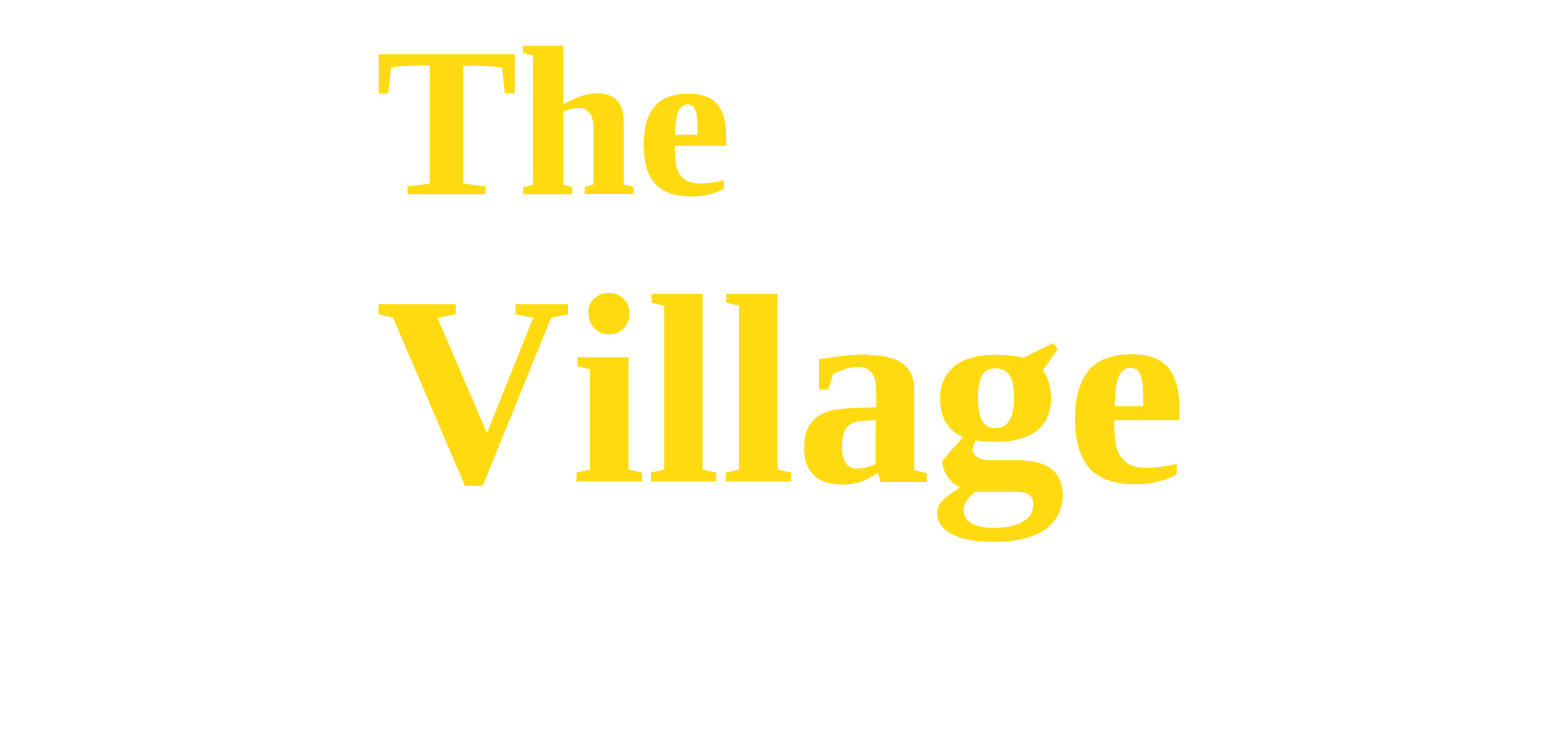PC Software – What Is Freeware and How Does It Differ From Proprietary Software?
When it comes time to install PC software, the most effective tools are usually those that you can use free of charge. These free programs can help you protect your computer from threats like malware and viruses that could cause harm, or even steal sensitive data. These programs can also help protect you while surfing the web by identifying websites that contain malicious content and preventing you from downloading the content unintentionally.
Freeware contains email and browser programs that users can download and use along with antivirus and software updaters. There are dozens of these programs to choose from and a lot of them are designed to be easy to use to let even novices use them. Freeware is a great way to test out a program before you purchase it.
The term “freeware” was coined in 1982 by Andrew Fluegelman to describe a communications program for an IBM PC named PC-Talk and later by Bob Wallace for his word processor PC-Write. Freeware is distinct from public domain software, that is considered to be in the public domain due to the fact that it was released to download-freeware-pc.com noncommercial or commercial purposes and has not expired, changed to the copyright holder or declared by the creator to be subject to a proprietary license.
Another difference between proprietary software and freeware is that users of freeware have freedoms to study, change, and redistribute their modified versions of the software that are not available to owners of proprietary software. This means that they can run the program on any type of computer system with no restrictions, and for any purpose without having to discuss their intentions with the creator or any other entity who created the program.


+ There are no comments
Add yours